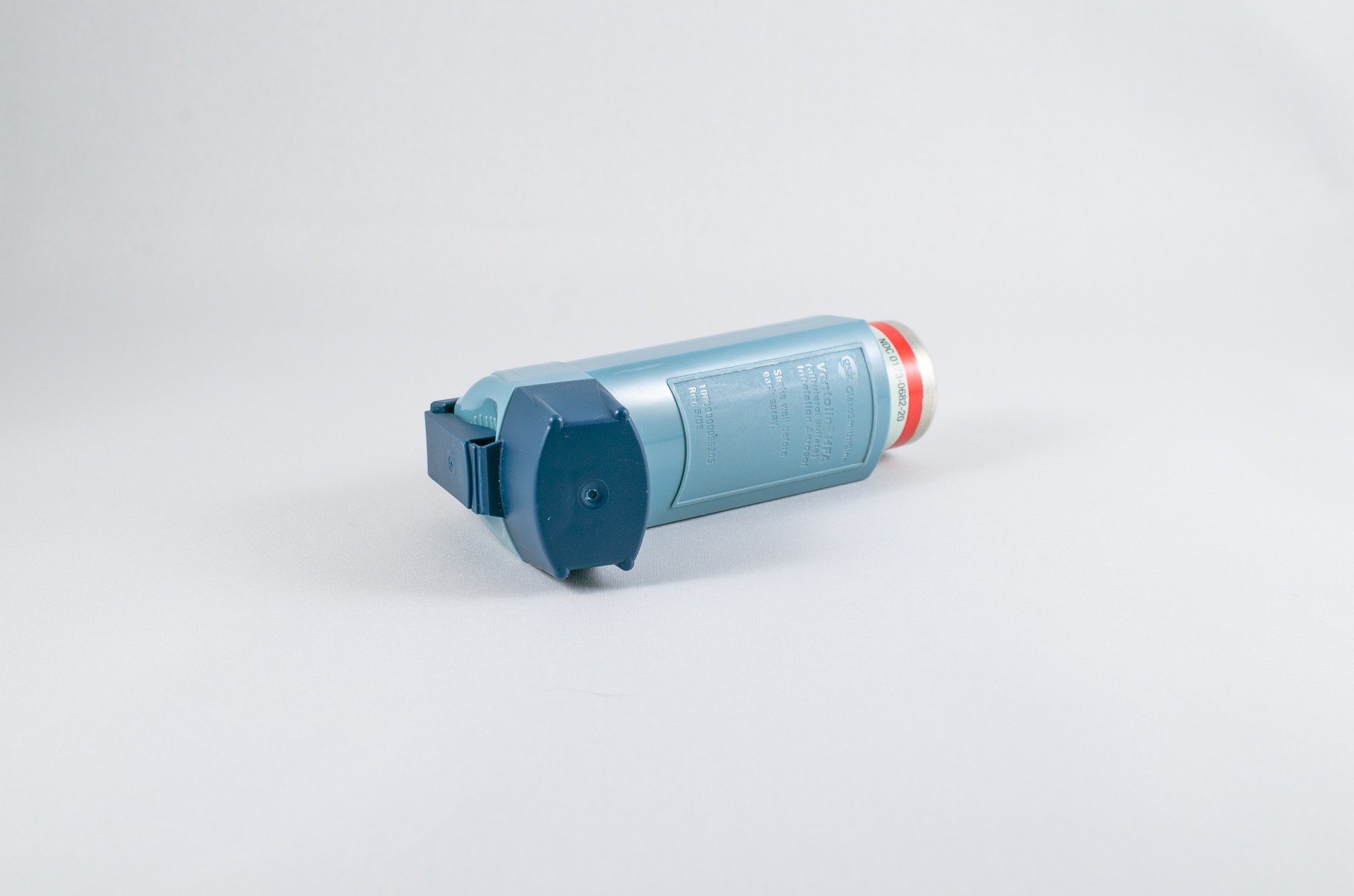What Is Asthma?
Asthma is a long-term (chronic) lung illness. It affects the tubes that carry air into and out of your lungs, known as airways. Your airways might become irritated and narrowed if you have asthma. This might result in breathing, coughing, and chest tightness. An asthma attack or flare-up occurs when these symptoms become more severe than usual.
What Causes Asthma?
Asthma’s actual cause is unknown. Who gets asthma is most likely influenced by genetics and the environment.
Something that can start or intensify your asthma symptoms is known as an asthma trigger. When you are exposed to an asthma trigger, you may get an asthma attack. A variety of factors can trigger asthma:
- Allergens are a trigger for allergic asthma. Allergens are substances that produce a reaction in people who are allergic to them. They may consist of:
- Pets
- Dust mites
- Mold
- Pollen from grass, trees, and weeds
- Waste from pests
- Nonallergic asthma is brought on by factors that aren’t allergens, such as:
- Taking a deep breath of frigid air
- A number of medications
- Chemicals found in the home
- Colds and the flu
- Air pollution in the open air
- Cigarette smoke
- Breathing in chemicals or industrial dust at work causes occupational asthma.
- During physical activity, especially when the air is dry, exercise-induced asthma might develop.
Common Asthma Medications
Your age, symptoms, asthma triggers, and what works best to keep your asthma under control will all influence which medications are ideal for you.
Long-term control drugs lessen the swelling (inflammation) in your airways over time, which can help improve symptoms and frequency of exacerbations. Bronchodilators (quick-relief inhalers) open swollen airways that are restricting breathing, which helps you breathe right away. Allergy medicines may be required in some circumstances.
Long-term asthma control medications
- Inhaled corticosteroids (Exs. Flovent, Qvar, Pulmicort, Asmanex, Alvesco)
- Theophylline
- Leukotriene modifiers (most commonly montelukast, also known as Singulair)
- Long-acting beta-agonists (LABAs), for example salmeterol or formoterol
- Combination inhalers that contain both a corticosteroid and a LABA (Exs. Advair and Dulera)
Quick-relief medications
- Short-acting beta-agonists such as albuterol (Proair, Ventolin)
- Ipratropium (Atrovent)
- Oral and intravenous corticosteroids
Biologics
- Benralizumab (Fasenra)
- Omalizumab (Xolair)
- Mepolizumab (Nucala)
- Reslizumab (Cinqair)
Medications for allergy-induced asthma
- Allergy shots (immunotherapy)
- Allergy medications
You will need emergency care if you have a severe attack and the short-term relief drugs do not work.
Your doctor may adjust your asthma treatment until your symptoms are under control.
Asthma can be severe at times, and other common asthma medications may be ineffective. If you’re an adult with uncontrolled asthma despite adequate treatments, your doctor may recommend bronchial thermoplasty in some circumstances to help open up the airways. In thermoplasty, heat is used to reduce the smooth muscle in the lungs in this treatment. The ability of your airway to tighten is reduced by shrinking the muscle, allowing you to breathe more readily. Because the surgery carries potential dangers, it’s crucial to address these with your doctor.
Get Discounts On Common Asthma Medications!
Get your FREE Pre-Activated RX Discount Card and start using it at any of the 65,000+ participating pharmacies around the country, including most major chain stores as well as smaller local pharmacies. Use our Price Finder to locate the most affordable medications in your area!












